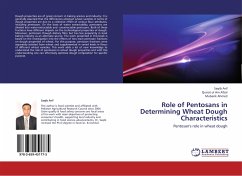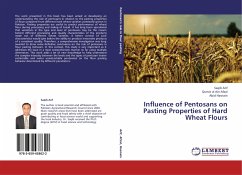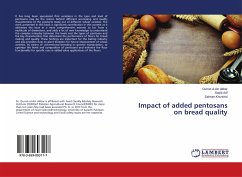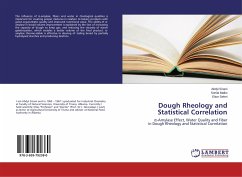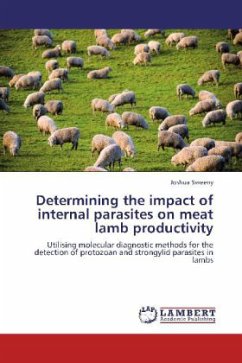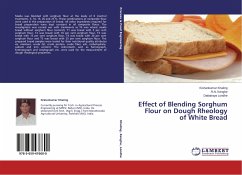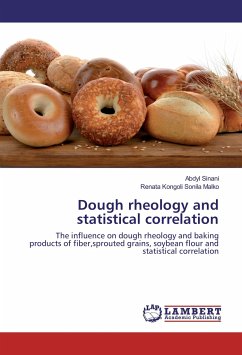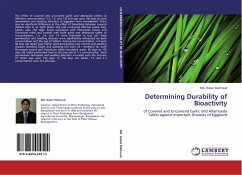Dough properties are of great concern in baking science and industry. It is generally assumed that the differences amongst wheat varieties in terms of dough properties are due to a collective effect of various flour attributes, including pentosans. On the basis of water extractability, pentosans are divided into water-extractable and -unextractable pentosans. Both of these fractions have different impacts on the technological properties of dough. Moreover, pentosans though dietary fibre but has less popularity in local baking industry as an alternate source. The work presented in this book is based on the investigation into the effects of two main pentosan fractions on dough properties of wheat. For this purpose, pentosan fractions were separately isolated from wheat and supplemented in varied levels in flours of different wheat varieties. This work adds a lot of new knowledge to understand the role of pentosans in wheat dough properties and with this understanding one can effectively optimize dough composition for specific purpose.
Bitte wählen Sie Ihr Anliegen aus.
Rechnungen
Retourenschein anfordern
Bestellstatus
Storno

